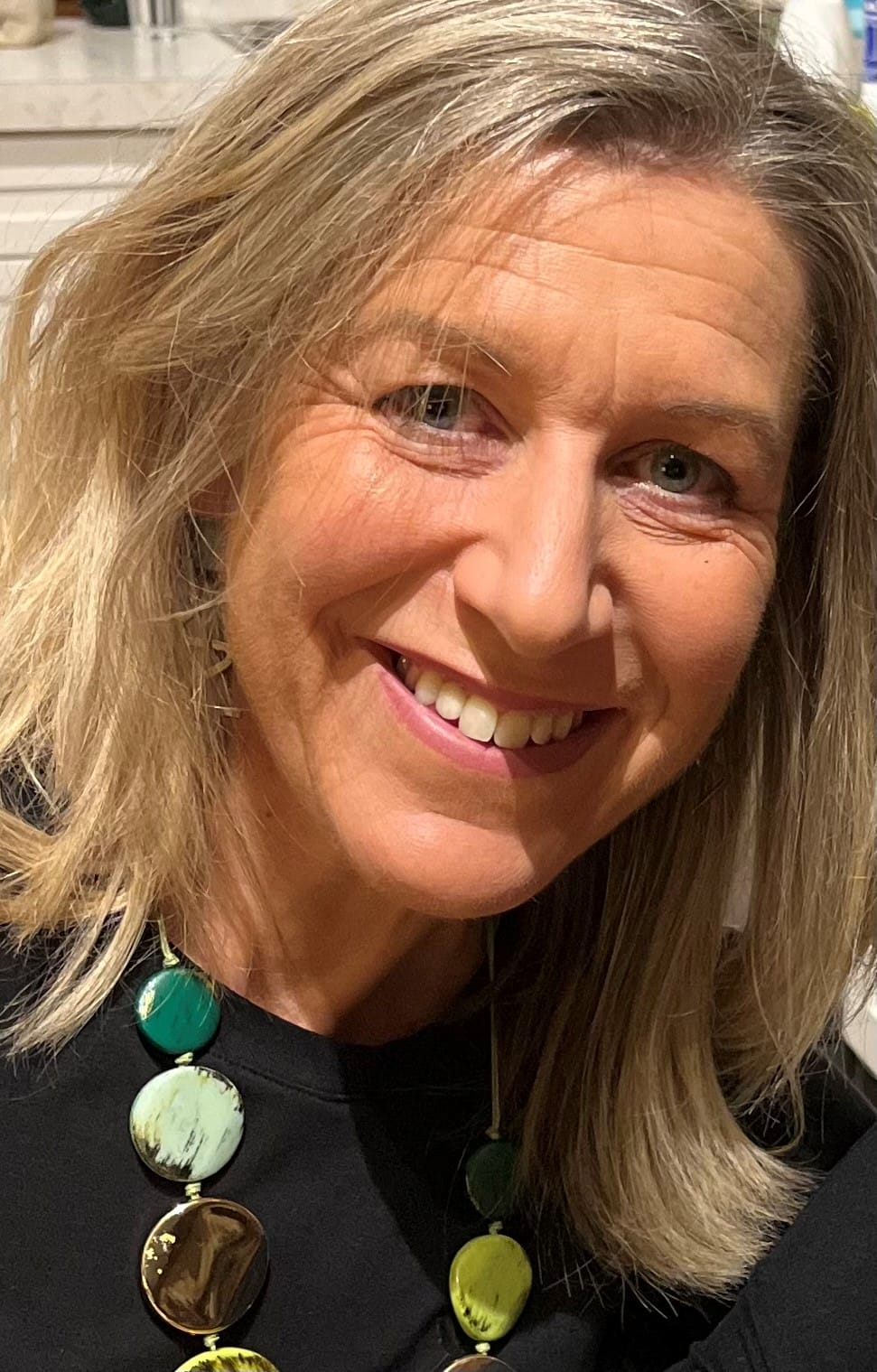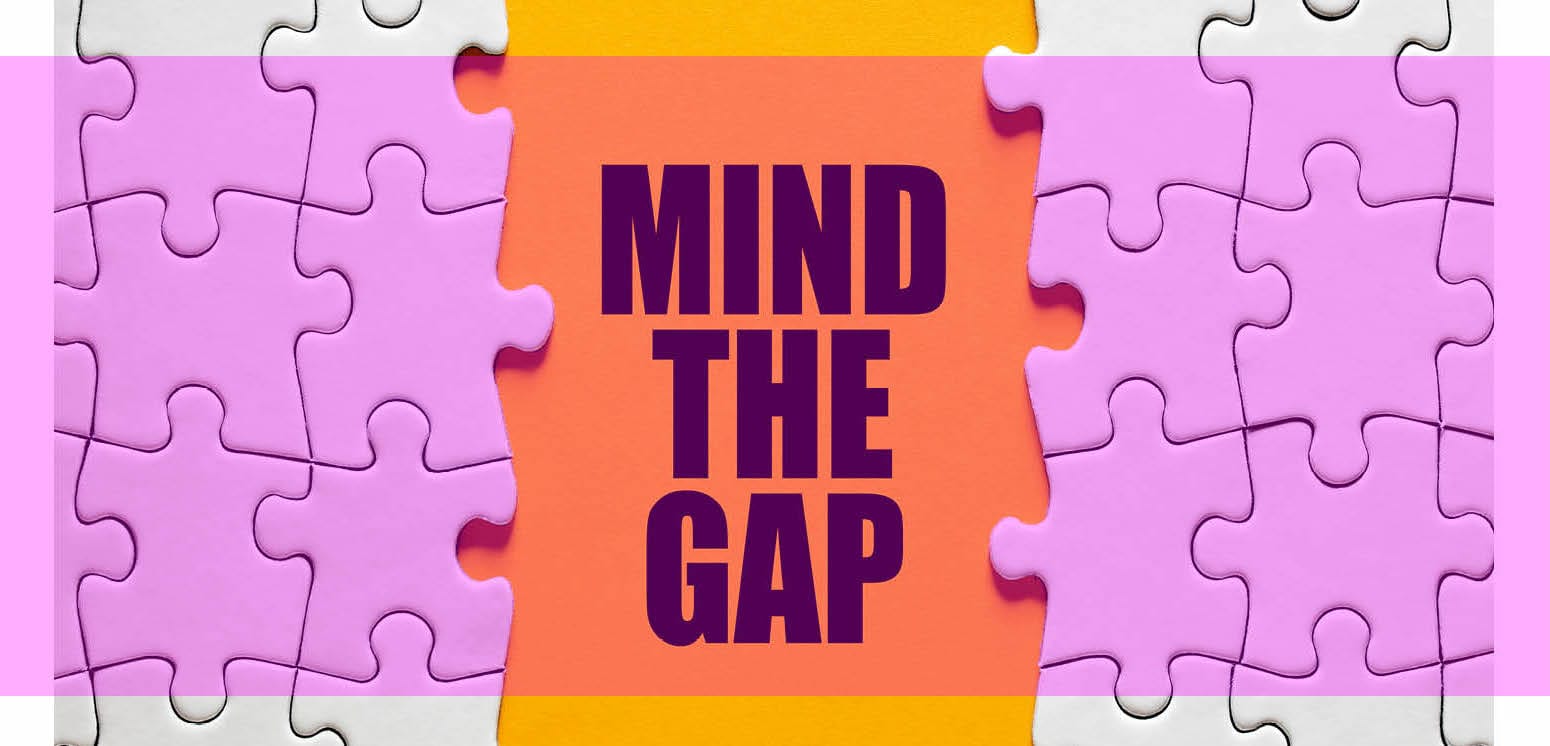
Science behind System Change
I started as a support worker in England, supporting people living in the community following the closure of institutions.
It taught me how important it is for people to have a job. I learned how personalised and tailored support can enable people to fulfil their employment aspirations. I also saw the power of systems, to enable or get in the way of those aspirations. Emigrating to Aotearoa in 2011, I was appointed as strategic policy advisor for the Wise Group. Initially to advise on changes that would integrate the employment and health systems – at all levels.
I also worked as an OECD advisor. We published the Aotearoa New Zealand mental health and work report.
It’s a complementary report with He Ara Oranga – the report on the Inquiry into mental health and addiction services, but it often gets forgotten!
It was an interesting time to be in a role offering scientific advice. New Zealand’s first Chief Science Advisor, Professor Sir Peter Gluckman was very vocal about the role of evidence in policy formation and implementation. This aligned with what I was trying to do - making good use of research to support the policy process.
I used to have long discussions with the late Professor Richie Poulton, about the process of bringing science, practice and policy together. It’s an art, and takes skills, authenticity and persistence. In the absence of good evidence, inevitably decision makers rely on their own beliefs or experiences. It was also at this time, that I was asked to look more closely at what was happening around physical health checks in mental health and addiction services.
Through the formation of the Aotearoa Equally Well collaborative, and the growth of an Equally Well global movement, we built collective momentum, to increase knowledge about the physical health inequities that can come with mental health and addiction issues. We’ve made an impact, but there is still a long way to go.
While I continue to champion evidence-based employment support and Equally Well, I'm now working in a strategic leadership role for Te Pou focused on another E - Epidemiology. I was asked to do this after the Te Pou Board decided to support a programme of work to ensure the now 20-year-old mental health and addiction prevalence data from Te Rau Hinengaro – the New Zealand mental health survey, is updated.
Getting involved meant understanding epidemiology, what it is, and why it matters. I struggled to even say the word at first! My gut told me that just repeating Te Rau Hinengaro wasn’t going to bring the knowledge to support equitable change. I found that many other people agreed.I’ve been delving deep into the roots of epidemiology, reading early and current thinkers. There are different ways to approach a prevalence study and we’ve been articulating these through our conversations and published editorials:
There is now consensus, that investment in a series of epidemiological studies is needed, over the next five to seven years. Also, that to ensure the design and implementation of a series of studies is as good as this needs to be, collaboration is essential. This isn’t a pure research gig!
For me now, what’s key is getting robust data into the hands of people, communities and government to bring change. Good evidence is imperative for supporting systems change, upholding Te Tiriti o Waitangi and addressing inequities.


